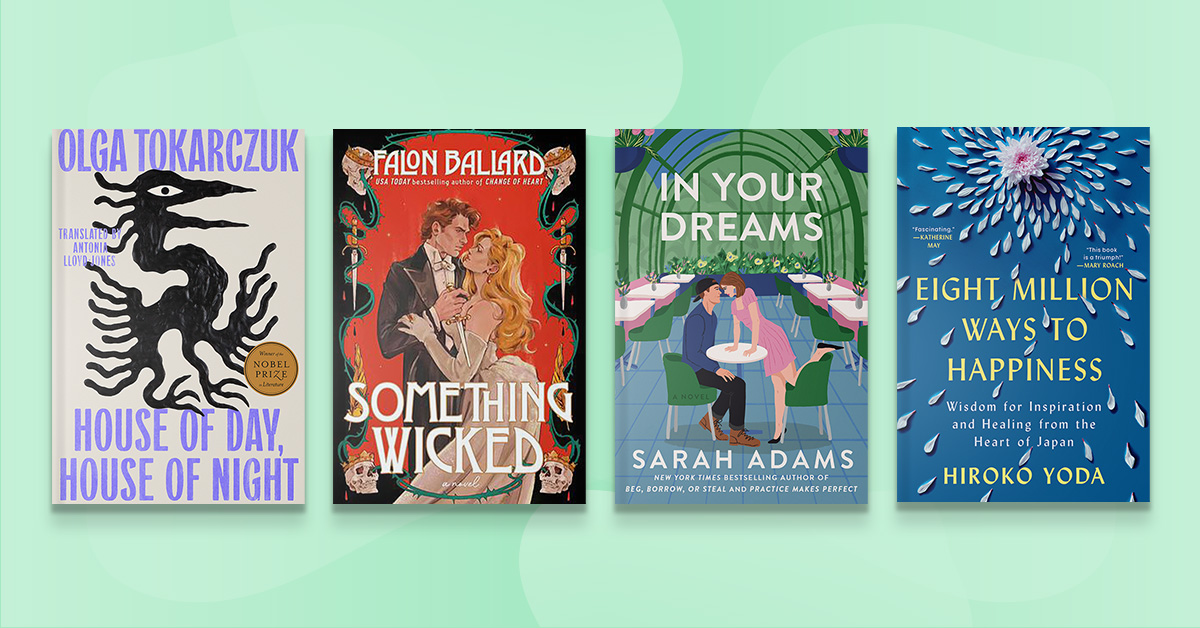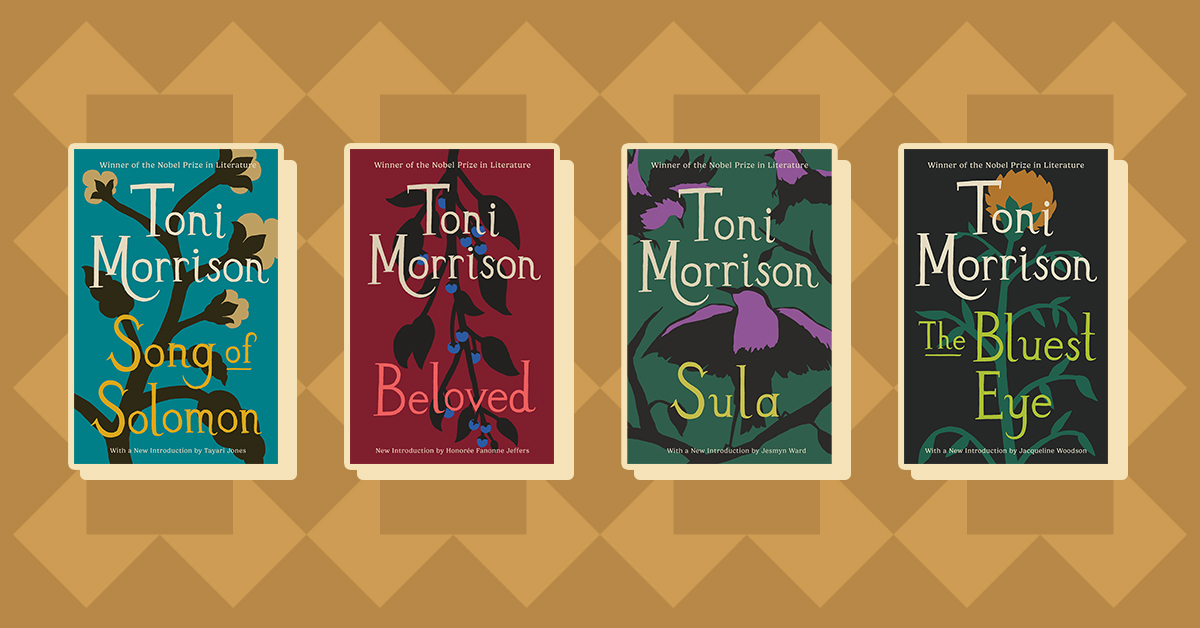Interviews
An Interview With Qian Julie Wang
The author of Beautiful Country on sharing her story and finding belonging

When seven-year-old Qian arrives in New York City in 1994 full of curiosity, she is overwhelmed by crushing fear and scarcity. In China, Qian’s parents were professors; in America, her family is “illegal” and it will require all the determination and small joys they can muster to survive. Qian Julie Wang’s incandescent memoir, Beautiful Country, puts readers in the shoes of an undocumented child living in poverty in the richest country in the world.
Kathryn Monaco: Thank you for sharing your story! When was the point in your life where you felt ready to open up about your experience growing up undocumented?
Qian Julie Wang: I had always dreamed about writing this book because while I grew up learning English on library books, I never found a book that depicted characters who looked like me and lived in the way my parents and I did. It was my biggest and wildest ambition to write a book that might allow others out there to see themselves reflected in literature, and have them know that it is possible to survive similar circumstances. Even so, I figured I would never make it happen, because I lived under messaging from all directions, my parents included, that my past was shameful and had to be kept hidden. It wasn’t until the discourse of the 2016 election, which took place just six months after I became a naturalized US citizen, that I discovered that I had a newfound power and thus responsibility to share my story, that at that juncture of my life, I was making an actual decision to stay quiet—a privilege that millions of undocumented immigrants did not have. It was then that I realized that what I had long thought of as singularly mine was no longer my secret to keep.



KM: Names can hold so much power in our identities. Could you share why you chose your name and the meaning it has in your life?
QJW: There are people in my life who know me only as Qian, and others who know me only as Julie. I have recently made the decision to honor my integrity and bring together my divided selves by going forward as “Qian Julie.” I quickly found that this has not been an easy name for others to accept (though double first names are common in America—for instance, Mary Kate and Billy Joe). There is great pressure for people from marginalized communities, and particularly for immigrants and people of color, to choose between the either/or of the facets of their identities. I allowed that to dictate how I defined myself for far too long, and in deciding to embrace both of my first names, I am very much taking the stance that I can be both-and—that is, both Chinese and American, in absolutely equal parts. For me, Qian represents the self and the precocious, mischievous child who went from knowing only love and acceptance to living in daily shame and hunger. And Julie represents the pre-teen, teen, and woman who was determined to survive no matter the cost, even if it meant hiding or obliterating her origin story and her authentic self. Both of these names are integral parts of me, and I can no more choose between them than I can between my left and right legs.
KM: Your book provides such a unique perspective, seeing your experience through a young child’s eyes. What do you hope your story will leave with readers, either with or without similar experiences to your own?
QJW: I wrote Beautiful Country with the hope that readers will experience it as a train ride back into that familiar, joyful, and sometimes terrifying forest of childhood. More than an immigrant narrative or an Asian American story, at bottom, the book is an exploration of what it means to be human, and what it means to make a home. My deepest hope is that it awakens in readers a recognition that beyond superficial labels—undocumented or American-born, Asian American or not, rich or poor—there are strong, universal strands of the human experience that connect all of us. We all, I suspect, have had a teacher who was not altogether nice to us; we all have at some point felt like we did not fit in, and we all recall fondly the first time we discovered our favorite food and our favorite book. Our childhood experiences comprise the hidden force that continues to wield power over our adult selves. I hope Beautiful Country will serve as an invitation for readers to revisit their own childhood terrain anew, and consider just how much of our society might be healed if we honored the hold childhood continues to have on us and on those all around us.
KM: I loved reading about your passion for books and the importance of stories not only in your journey in learning English but also in seeing yourself. Could you elaborate on how books provided comfort to you growing up?
QJW: For a child who found herself transported overnight to other side of the world, where she knew no one other than her parents, books were my salvation. I knew from my father, who had been an English literature professor in China, that native fluency would be the prerequisite to finding acceptance in American society, and on this front, I relied on my good friends Clifford, Berenstain Bears, and The Very Hungry Caterpillar to introduce me to the very basics of the English language. But more than that, books gave me insight into how other Americans lived in the parts of the country to which I did not have access: series like Sweet Valley Twins and the Baby-Sitters Club showed me how “regular” American kids lived, and how I was not so different from them. Perhaps most of all though, books offered me a dependable and consistent cast of characters who would remain my friends and family no matter how far away I moved again.
KM: What is a book that you’ve read during the pandemic that has given you hope?
QJW: I read Cathy Park Hong’s Minor Feelings at the beginning of the pandemic and then again throughout lockdown and after the Atlanta shooting. My copy is well-loved: full of highlights, annotations, and tabs.
For most of my life, I told myself that I was just oversensitive, that I read too much into things–even though “chink” was among the first English words I learned, even though I had never been in a public space in America without fearing for my bodily safety. When I first read Minor Feelings, I was shocked to find another Asian American woman, living across the country and many years older than me, who had precise insight into all of the things that I thought I had been “oversensitive” about. Hong’s book awakened and galvanized me. I read and re-read it while editing my book, and it opened my eyes to all of the ways in which growing up under white supremacy had shaped how I viewed myself, and how I invalidated the extremely valid feelings that decades of racialized misogyny had engendered in me. Minor Feelings gave me the permission I didn’t know I needed, and it helped me dig up more of my voice, my compassion—and in the wake of anti-Asian hate and Atlanta, this is a change I’ve seen in not just myself but younger Asian Americans across the nation. As utterly devastating as recent events have been, I do believe that we will look back on 2021 and see this as a marked turning point—a beginning for real and meaningful progress for the rights and equality of Asian Americans in our nation’s history.
Learn more about Qian Julie Wang’s memoir, Beautiful Country, here.










